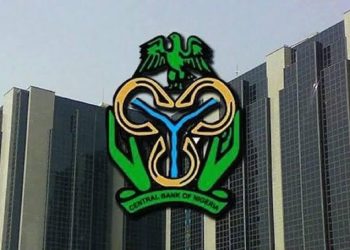
When fire swept through AfriLand Towers on Broad Street, Lagos, on September 16, 2025, the inferno left more than a trail of destruction. It claimed lives, including that of Mrs. Ndidi Osaemedike-Okeke, a respected lawyer and member of the Nigerian Bar Association (NBA), Lagos Branch.
Beyond the grief and tributes, the tragedy has sparked a fresh conversation about safety compliance in Lagos’ high-rise buildings and the accountability of those tasked with enforcing standards.
In response, the NBA Lagos Branch has set up an Independent Panel of Inquiry to examine what went wrong. According to the Branch Chairman, Uchenna Ogunedo Akingbade, the panel’s mandate goes beyond mourning — it is to “investigate the circumstances surrounding the incident, assess compliance with safety standards, and make appropriate recommendations.”
The six-member panel, chaired by ‘Nonso Azih with Vivian Okoh-Olutunfese as alternate chair, reflects the Association’s push to use its influence not just in the courtroom but also in shaping public policy on safety and human rights.
For many observers, the decision signals a growing recognition of the role professional bodies can play in demanding accountability. Fires in Lagos commercial hubs are not new. From Balogun Market to high-rise office blocks, repeated incidents have exposed gaps in enforcement of safety codes, emergency response, and building management practices.
By convening this inquiry, the NBA Lagos Branch is effectively stepping into a watchdog role, using the death of one of its own as a painful reminder of systemic failures. The findings of the panel could provide a roadmap not only for legal advocacy but also for practical reforms that make workplaces safer in Nigeria’s busiest commercial city.
For grieving colleagues, the move also offers a path toward justice and closure. For the city at large, it raises a larger question: how many more tragedies must occur before safety becomes more than just a box-ticking exercise?
























